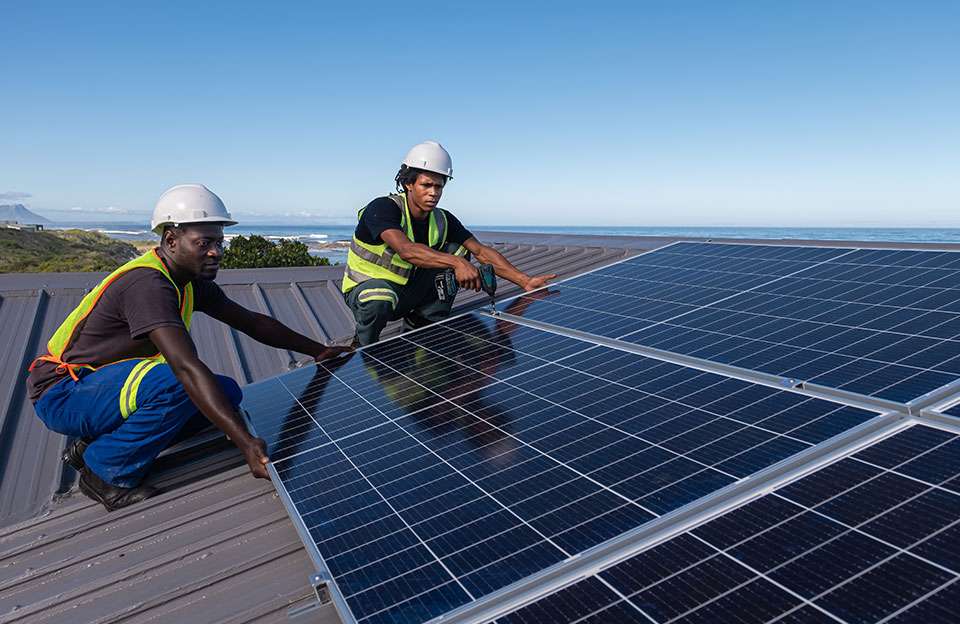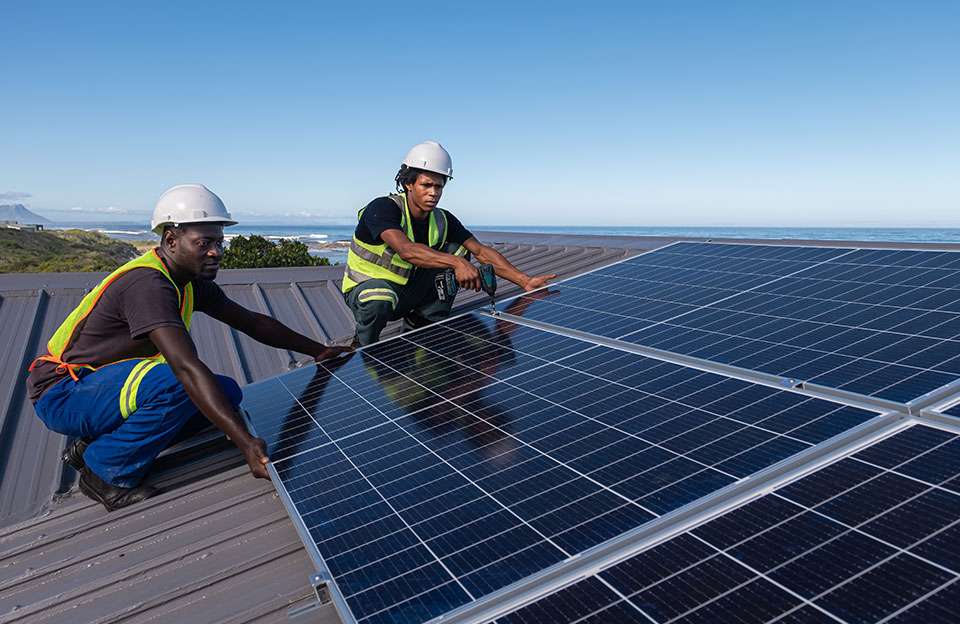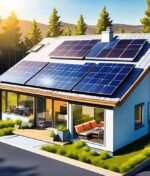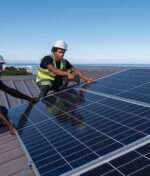
The Ultimate Guide to Installation: A Step-by-Step Approach
Introduction
It is a step-by-step approach to our daily lives, though we often take it for granted. Every time you plug in a new appliance, The ultimate guide to installing a security system or setting up solar panels, you’re relying on the expertise of skilled professionals or your knowledge to get it right. But do you truly understand why installation is so crucial? A smooth, proper installation means more than just getting things up and running—it means ensuring safety, efficiency, and longevity. Let’s explore the importance of installation, how to navigate the process, and why it matters more than you think.

What is Installation?
Installation is the process of putting something in place and making it operational. Whether it’s setting up an HVAC system, installing software, or mounting solar panels, installation ensures everything works as it should. It’s not just about connecting wires or plugging in devices; it’s about making sure everything functions at its best.
Why is Installation So Important?
Proper installation is key to a successful system. If installation is done poorly, it can lead to inefficiency, higher costs, or worse—danger. For example, a faulty electrical installation could result in a fire, while poorly set-up solar panels won’t give you the energy savings you need. Here’s why it’s crucial:
Longevity: A professional installation ensures systems last longer.
Safety: It keeps you, your home, and your family safe.
Efficiency: A well-installed system works better and saves money in the long run.
Types of Installations
Home Installations
HVAC Systems: Installing a heating, ventilation, or air conditioning system is essential to your comfort, but it needs to be done with precision to avoid system failures.
Solar Panels: These need to be properly aligned and connected to maximize energy efficiency and savings.
Appliances: From dishwashers to refrigerators, these must be installed correctly to work efficiently.
Commercial Installations
Security Systems: For businesses, security systems like alarms and cameras need careful installation to ensure full protection.
Networking Equipment: Proper installation of routers, servers, and other networking equipment is essential to keep your business running smoothly.
Industrial Installations
Heavy Equipment: Machines in factories need to be installed with precision to avoid malfunctions that could halt production.
The Installation Process: Step-by-Step
Preparation
The first step in any installation is assessing the space. Make sure you have all the necessary tools, materials, and a clear plan before starting. Without this, the process can get chaotic.
Execution
Once you’re set-up, follow the manufacturer’s instructions carefully. These guidelines ensure everything is installed correctly and safely. Whether it’s electrical work, plumbing, or solar panels, attention to detail is critical.
Post-Installation
Once the system is up and running, it’s time to test it. Double-check that everything works as expected, from turning on your HVAC system to ensuring your solar panels are collecting energy. Finally, document the installation details for future maintenance.
Why Choose Professional Installation?
As much as DIY projects can be exciting, There are certain factors to consider. Factors to consider. installations that are better handled by skilled professionals for the sake of safety and quality. They have the expertise, knowledge, and tools to get the job done right. Here’s why hiring a pro might be worth the cost:
Professionals bring the knowledge and skills needed to tackle complex installations, ensuring everything is done safely and correctly.
Safety: Professionals are aware of the safety codes and standards necessary to keep your home or business safe.
Efficiency: A professional can finish the job quicker, saving you time and avoiding costly mistakes.
DIY vs. Professional Installation
DIY installation can be an affordable and satisfying project, but it comes with risks. If you lack the skills, you could make mistakes that end up costing you more in repairs. Some tasks, like electrical or complex plumbing installations, require expertise. Hiring a professional might be the better option, especially for larger systems like solar panels or HVAC systems.
How to Choose the Best Installation Services
When looking for an installer, make sure to do your research:
Although the idea of DIY may be appealing, some installations truly require the expertise of professionals to ensure safety and efficiency.
Verify Credentials: Ensure the installer is certified or has the necessary qualifications.
Request Estimates: Get quotes from multiple companies to find the best price for quality service.
Common Challenges During Installation
Even with the best preparation, installation can come with hurdles:
Unforeseen Issues: Sometimes things don’t go as planned—compatibility problems or equipment shortages can throw off your project.
Weather Delays: For outdoor installations, weather can significantly delay the process.
Cost Overruns: Unexpected issues can lead to increased costs.
Maintenance for Longevity
Once your installation is complete, regular maintenance is crucial for keeping systems running smoothly. Whether it’s a solar panel or an HVAC unit, staying on top of maintenance can prevent expensive breakdowns. Schedule annual check-ups and address small issues before they turn into big problems.
“Check out our Ultimate Guide to Solar Installation for a step-by-step approach right here: Ultimate Guide to Solar Installation.”
Conclusion
Installation isn’t just a task—it’s an investment in safety, efficiency, and long-term savings. Whether you’re setting up a home appliance, installing industrial machinery, or going green with solar panels, proper installation is the key to success. While DIY may seem appealing, sometimes the peace of mind that comes with professional help is invaluable. So next time you’re preparing for an installation, think about the importance of doing it right. Your future self will thank you.
FAQs
What types of installations require professional help? Electrical systems, HVAC units, solar panels, and heavy machinery require skilled professionals.
How can I ensure my installation is done right? Follow the manufacturer’s guidelines, test the system after installation, and consider hiring a professional.
Can I save money by doing installations myself? You may save money upfront, but mistakes can lead to costly repairs down the road.
What should I do if my installation is faulty? Contact a professional installer to inspect and correct any issues.
How long should an installation last before maintenance is needed? It depends on the system, but most installations benefit from yearly maintenance to ensure efficiency and safety.


